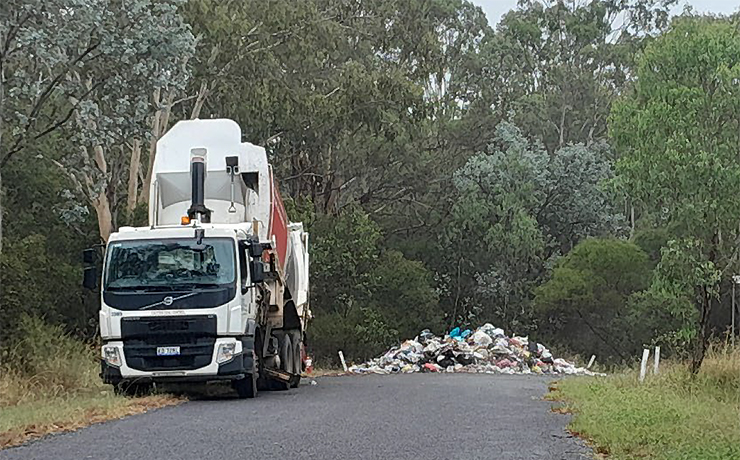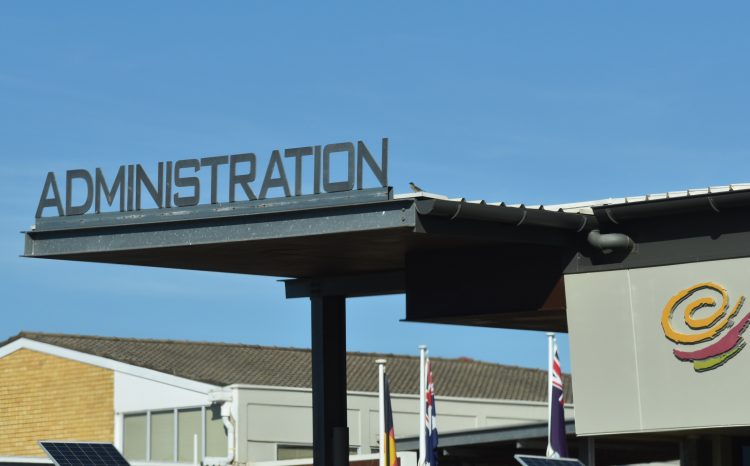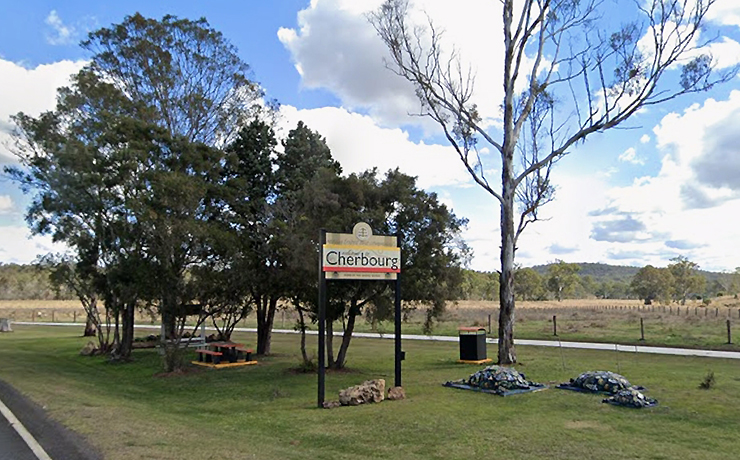
April 24, 2012
Queensland Farmers Federation President Joanne Grainger says flaws in the electricity tariff reforms being proposed by the Queensland Competition Authority (QCA) could be dire Queensland farmers.
In a draft determination released last month, the QCA proposed a number of changes to tariffs in an attempt to move electricity price increases in line with the costs of producing and supplying electricity.
The QFF says the report recommends that a number of tariffs currently in use by farmers be made obsolete or significantly change.
“In many cases, farmers have geared their farms and business models around these tariffs, so switching to new tariffs will present significant challenges for their businesses, principally via increased electricity costs,” Ms Grainger said.
“For example, the current Tariff 62 is suited for farms with night or weekend electricity use and it is recommended to be replaced by Tariff 22. The result of this change for irrigators could be a jump in 72 per cent for off-peak charges for a meagre incentive of two cents per kilowatt hour compared to a daytime rate.
“For the similar Tariff 62, the increase in on-peak charges would be 39 per cent, for the same small saving.
“Neither of these situations would encourage energy and water use efficiencies. For instance, a farm that has moved toward modern irrigation infrastructure such as drip systems to run at night would have made such a substantial investment considering the savings of off-peak electricity use.
“Other irrigation systems can also be more water efficient by running at night.
“So for farmers to be pushed toward electricity tariffs that steer them away from efficient farm operation is a drastic disruption to their business and is a bad policy outcome all round.
“There is a very real risk that some farms and associated processing enterprises would not survive under such a drastic cost increase.
“Therefore we see it as a matter of urgency that QCA must assess the potential impacts of the recommended tariffs on large farming operations before any decisions are made in regard to the recommended tariffs.
“To worsen matters, rural industry had been given just two weeks to make formal submissions which closed on April 13. This was always a completely inadequate time frame in which to form a detailed analysis of the various tariff changes and scenarios that could unfold across complex and diverse farms and farming system.”
The QCA will make a determination on the final tariffs by May 31.

























